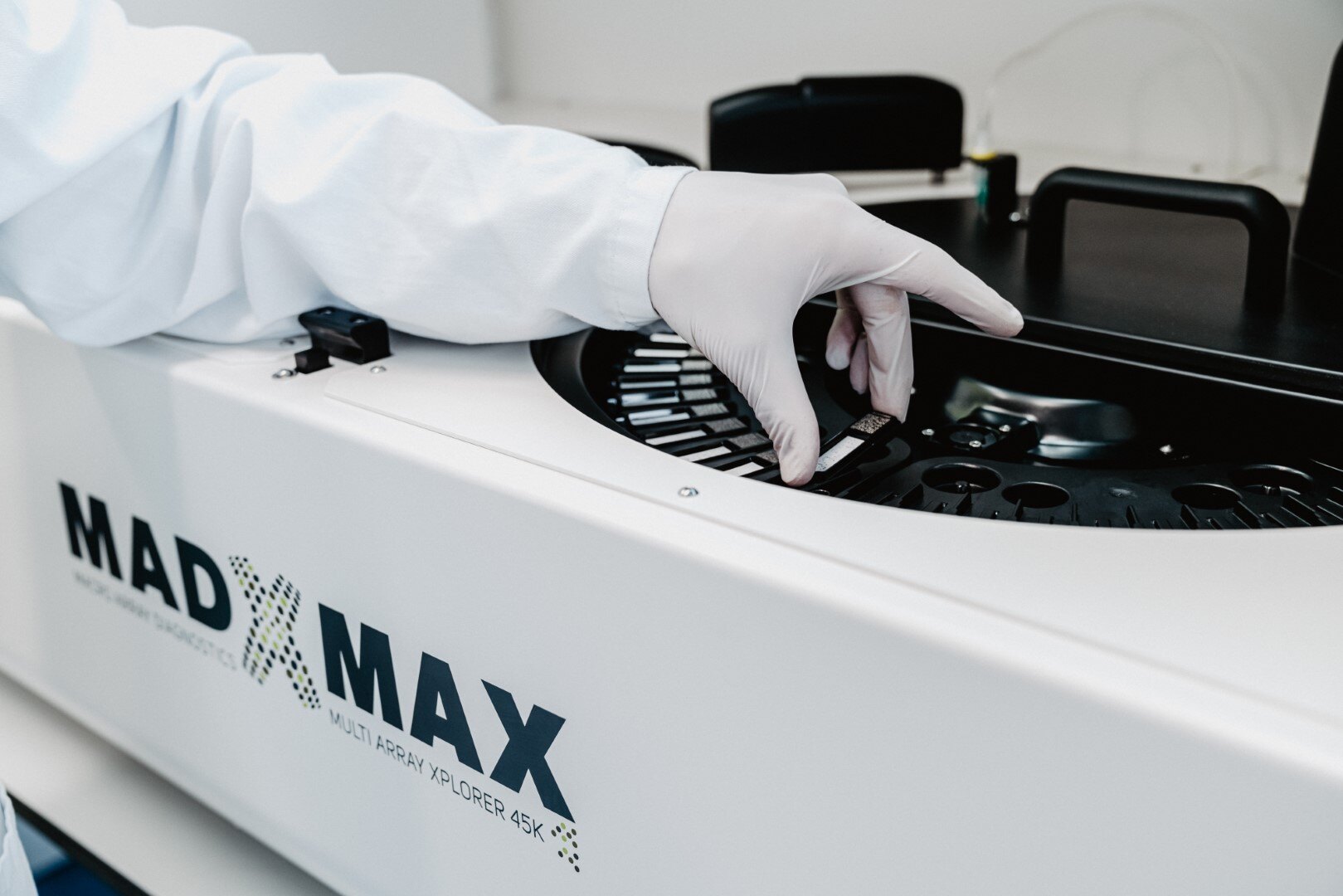
Allergy Testing for Companion Animals
An accurate allergy diagnosis requires thorough physical examination including a complete clinical history. After that you might need to perform a series of tests to both determine the type of allergy, food or environmental for example, and identify specific allergens.
PAX® Serum Test
When other triggers of the symptoms are ruled out, atopy is diagnosed. The next step is to perform an IgE serum test to identify the responsible allergens. We provide the gold standard in allergy testing through the PAX® (Pet Allergy Xplorer) test.
PAX® is the first commercial serological IgE-specific test that uses allergen extracts and molecular components to identify allergen sensitivities.
Molecular allergology is a state-of-the-art approach to the detection of sensitisations, whereby defined single allergen components are used for the determination of specific IgE in place of traditionally-used allergen extracts. The molecular components are purified or recombinant proteins that provide a higher level of standardisation than allergen extracts and enable a more precise identification of IgE sensitisations.
This is a fundamental step to develop a relevant immunotherapy treatment or implement allergen-avoidance measures.
Allergy Treatment-

Our PAX test is developed in partnership with the allergy testing company MAD-X
-

A cartridge is only a few centimeters long but able to identify over a 100 allergens
PAX® Food Test & Elimination diets
The patient should also receive an elimination diet in order to determine which specific foods trigger a hypersensitivity reaction. A third of atopic animals are also allergic to proteins in food, so it is crucial to make sure there is no concomitant food allergy.
PAX® offers an attractive solution to detect IgE-mediated sensitizations to molecular food allergens, which should prove of help to select allergens for oral food challenge and/or to select food ingredients unlikely to cause immediate reactions.
Intradermal test
In addition to PAX®, an intradermal skin test can also be performed. Artuvetrin® Skin Test involves injecting small amounts of different allergens subcutaneously.
It is then possible to evaluate whether or not a local reaction develops at the site of the injection.